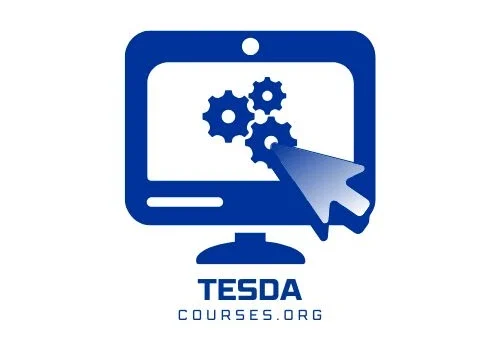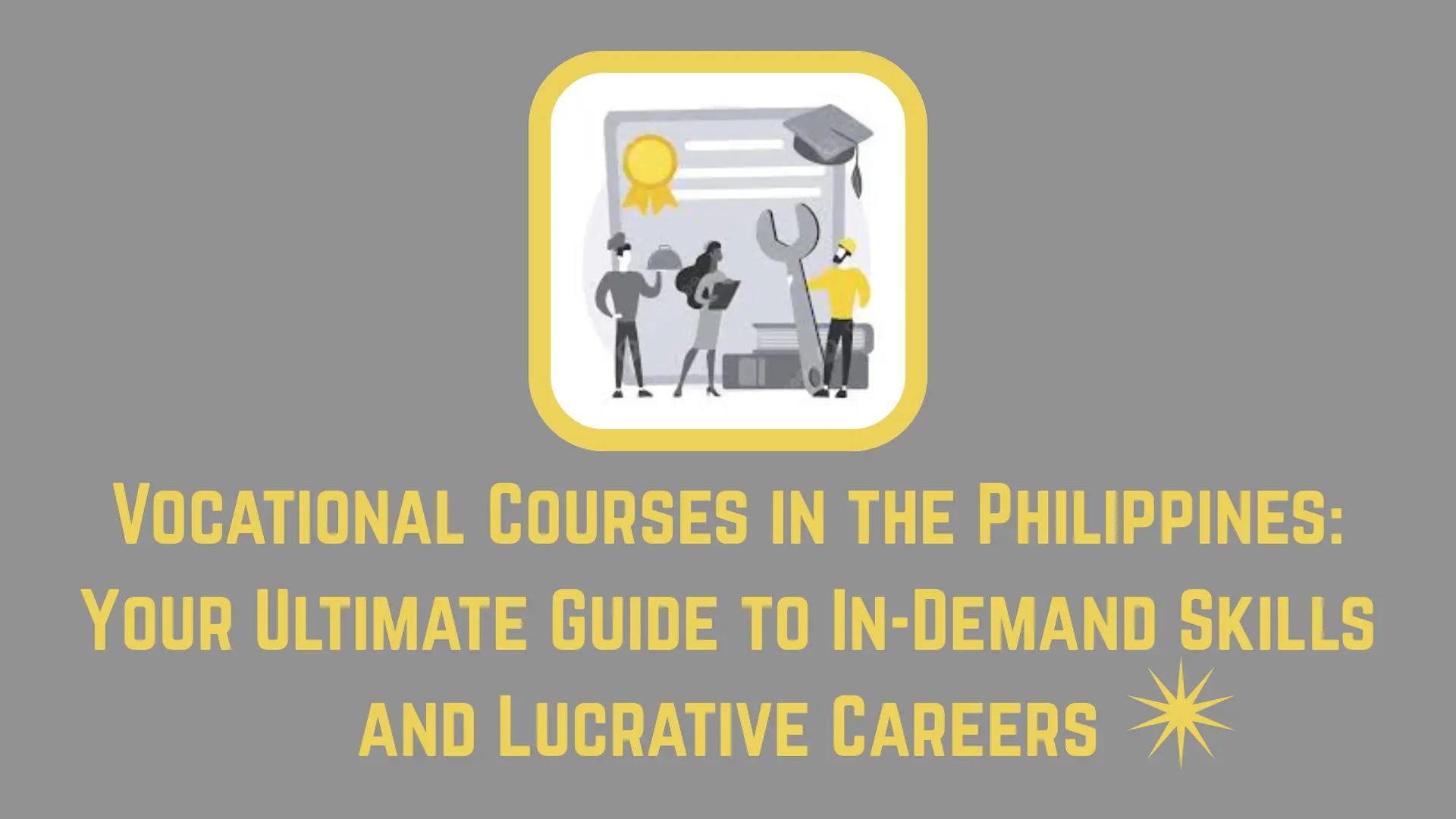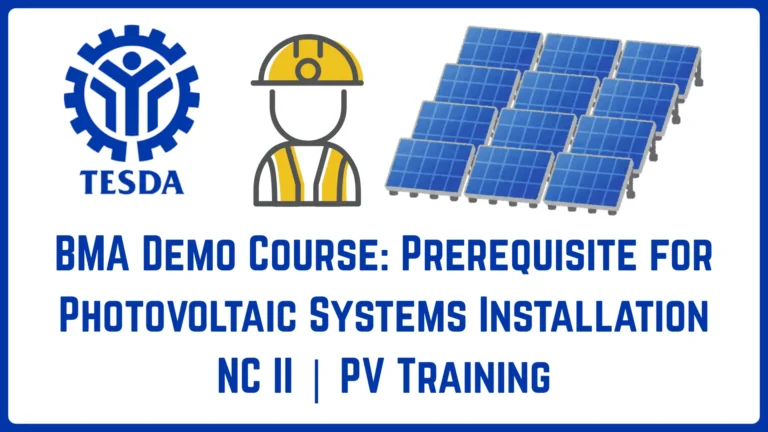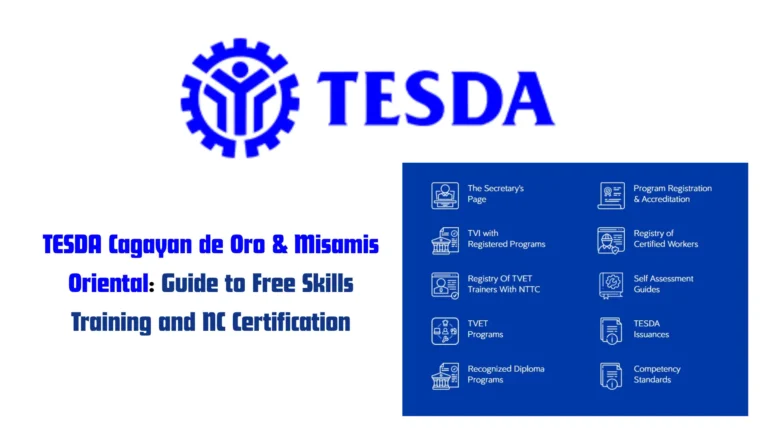Vocational Courses in the Philippines: Your Ultimate Guide to In-Demand Skills and Lucrative Careers
Are you looking for Vocational Courses in the Philippines? In an era defined by rapid technological change and evolving job markets, the traditional four-year degree is no longer the sole gateway to a successful and fulfilling career. A powerful, practical, and increasingly prestigious alternative has emerged: vocational courses. This educational pathway, focused on hands-on skills and direct job readiness, is revolutionizing how Filipinos build their futures, offering a faster, more affordable, and highly effective route to employment and entrepreneurship.
The landscape of vocational training in the Philippines is rich and diverse, encompassing everything from the caring hands of a caregiver to the analytical mind of a medical coder, and the innovative spirit of an entrepreneur. However, navigating this landscape—understanding what a vocational diploma truly offers, finding the right vocational school in the Philippines, and identifying which tech voc courses are truly in-demand—can be a daunting task.
This definitive pillar guide is designed to be your comprehensive roadmap. We will demystify the world of technical vocational courses, providing clear vocational courses examples and a practical vocational courses list. We will answer critical questions for aspiring students: Anong kurso ang in-demand ngayon? What are the top 10 in demand courses in the Philippines? Where can I find a reputable caregiver school in Quezon City or Cavite?
Beyond listing courses, we will delve into specific, high-opportunity fields. We’ll explore the path to becoming a social worker through a BS Social Work program, break down the best business courses in the Philippines for aspiring executives, and detail the precise steps on how to be a medical coder in the Philippines, including free medical coding training options.
Whether your goal is to earn a 2 year vocational course certificate, enroll in language courses, or find vocational schools near me, this guide will provide the knowledge, context, and strategic direction you need to make an informed decision. Your journey toward a skilled, certified, and prosperous career begins here.
Demystifying Vocational Courses in the Philippines: Definitions, Value, and Scope
Before exploring specific courses, it’s essential to understand what vocational education entails and why it’s a powerful choice.
What are Vocational Courses?
Vocational courses are educational programs specifically designed to equip students with the practical skills, knowledge, and competencies required for a particular trade, craft, or career. Unlike theoretical academic programs, vocational training is characterized by its “hands-on” approach, often conducted in simulated work environments with industry-standard tools.
- Vocational Diploma: This is the credential awarded upon successful completion of a vocational program. It signifies that the holder has demonstrated competency in performing the specific tasks of a job role to national standards (often through a TESDA National Certificate or Certificate of Competency).
- Vocational Trade Course: This is a specific term for programs focused on skilled manual jobs, such as welding, electrical installation, plumbing, and automotive servicing. A trade course example would be Shielded Metal Arc Welding (SMAW) NC II.
- Technical Vocational Courses: This is the broader term used in the Philippines (often shortened to tech voc courses), encompassing both traditional trades and modern technical fields like information technology, healthcare, and electronics.
The Immense Value of a Vocational Pathway
- Employment Focus: The curriculum is built in partnership with industries, ensuring graduates have the exact skills employers are looking for.
- Speed to Market: Most programs can be completed in a few months to two years, allowing for a quick transition into the workforce. A 2 year vocational course can provide a qualification equivalent to an associate’s degree.
- Cost-Effectiveness: Vocational training is significantly more affordable than a traditional four-year university degree.
- Entrepreneurship: Many courses, particularly in cosmetology, cookery, and welding, provide the skills needed to start a business immediately.
- Global Mobility: Philippine vocational certifications, especially those from TESDA, are recognized and valued by employers worldwide.
Navigating the Landscape: A Taxonomy of Vocational Courses
The universe of vocational courses examples is vast. Here is a structured vocational courses list categorized by sector, which aligns with the most common searches for in demand courses in the Philippines.
1. Healthcare and Wellness
This sector offers stable, compassionate, and in-demand careers, both locally and internationally.
- Caregiving NC II: One of the most sought-after qualifications. Graduates are needed for home care, hospitals, and overseas employment in countries like Canada, Japan, and Germany.
- Where to train: Caregiver school in Quezon City, Caregiver school in Cavite, Caregiver course in Manila – hundreds of TESDA-accredited schools across the country offer this program.
- Health Care Services NC II: Prepares students for roles as nursing aides or patient care assistants.
- Medical Coding and Billing: A growing field in the Philippine BPO and healthcare sector. A medical coder course in the Philippines teaches how to translate medical procedures into universal codes for insurance claims.
- Beauty Care and Nail Care Services NC II & III: For careers in salons, spas, and the cosmetics industry, with high potential for entrepreneurship.
2. Information and Communication Technology (ICT)
The digital economy has an insatiable appetite for skilled tech professionals.
- Computer Programming (.NET, Java, Python): The foundation for a career in software development.
- Visual Graphic Design NC III: For aspiring graphic artists, UI/UX designers, and digital creatives.
- Animation NC II/III: The Philippines is a global hub for animation outsourcing.
- Medical Transcription NC II: Involves transcribing doctor’s notes into formal reports.
3. Construction and Engineering Trades
The backbone of the country’s infrastructure development.
- Electrical Installation and Maintenance (EIM) NC II & III: For aspiring electricians.
- Shielded Metal Arc Welding (SMAW) NC I & II: A classic vocational trade course with high demand in local construction and overseas shipbuilding.
- Heavy Equipment Operation (Bulldozer, Crane, Excavator): Operators command high salaries due to the skill and responsibility involved.
- Masonry, Plumbing, Carpentry: Perennially essential skills.
4. Tourism and Hospitality
Leveraging the Philippines’ strength as a tourist destination.
- Cookery NC II: The pathway to becoming a chef, with opportunities on cruise ships and in hotels worldwide.
- Food and Beverage Services NC II: For roles in restaurants and bars.
- Housekeeping NC II: Essential for hotels, resorts, and hospitals.
- Bread and Pastry Production NC II: For aspiring bakers and pastry chefs.
5. Business and Entrepreneurship
For those who aim to manage businesses or start their own.
- Bookkeeping NC III: A fundamental skill for all businesses. This is a core business related course.
- Entrepreneurship Programs: Many technical schools and universities offer entrepreneurship courses that cover business planning, marketing, and finance. These are key programs for entrepreneurs in the Philippines.
- BS Social Work: While a bachelor’s degree, a BS Social Work (BSSW) program is a professional vocational course that leads directly to a licensed career as a social worker. The BS social work curriculum in the Philippines includes extensive fieldwork, making it highly practical.
Deep Dive: Spotlight on High-Demand Vocational Careers
1. The Path to Becoming a Medical Coder in the Philippines
Medical coding is a premier desk job within the healthcare sector, perfect for detail-oriented individuals.
- What it is: Translating medical diagnoses, procedures, and services into universal alphanumeric codes.
- Requirements: While a medical coder certification in the Philippines can be pursued after relevant vocational training or a healthcare-related degree, strong analytical skills and knowledge of anatomy are key.
- Training: Look for a specialized medical coding training program. Some free medical coding training in the Philippines is offered through TESDA scholarships or by BPO companies recruiting trainees.
- Certification: Becoming a certified medical coder often requires passing an international exam (e.g., CPC from AAPC), but local training provides the essential foundation.
2. Building a Business Mindset: Entrepreneurship Courses
For those with an innovative spirit, business courses provide the toolkit for success.
- Focus: A good entrepreneurship course in the Philippines covers ideation, business model creation, financial literacy, marketing, and legal requirements.
- Where to Find Them: Many vocational schools offer short courses. The best school for entrepreneurship in the Philippines is often considered to be the Asian Institute of Management (AIM), but many universities and TESDA centers offer excellent, accessible programs.
3. The Calling of Care: Social Work Courses
A social worker course in the Philippines is a calling to serve the community.
- The Program: It is typically a 4-year bachelor’s degree (BS Social Work or BSSW course). The social worker courses in college combine theory with mandatory field practice.
- Career Path: Leads to becoming a Licensed Social Worker (LSW) working in NGOs, government agencies (DSWD), schools, and hospitals.
Finding the Right Institution: Vocational and Technical Schools
The quality of your training depends heavily on choosing the right institution.
- TESDA-Accredited Schools: The gold standard. Always verify a school’s accreditation status on the TESDA website. This includes many technical schools and vocational schools near me.
- State Universities and Colleges (SUCs): Many SUCs offer high-quality tech voc courses at a lower cost.
- Private Technical Vocational Institutions (TVIs): There are thousands of private schools. Research their reputation, facility quality, and industry connections.
Use search terms like “vocational school philippines”, “technical schools”, and “vocational schools near me” to start your list, but always dig deeper into their TESDA accreditation.
Frequently Asked Questions (FAQ)
Q: What is the difference between a vocational course and a college degree?
A: A vocational course is typically shorter (months to 2 years), hyper-focused on practical job skills, and leads to a certificate or diploma. A college degree is usually 4 years, broader in scope (covering more theory and general education), and leads to a Bachelor’s degree. Both have immense value, but they serve different career goals.
Q: Are there free vocational courses?
A: Yes. The Philippine government, primarily through TESDA, offers thousands of scholarship slots every year that cover full tuition and assessment fees for qualified applicants. Many free medical coding training programs and caregiver courses are available this way.
Q: Anong kurso ang in-demand ngayon for going abroad?
A: The top in-demand courses for overseas employment are consistently Caregiving NC II, Welding NC II, Heavy Equipment Operation, Electrical Installation and Maintenance (EIM), and Cookery NC II. These skills are in constant demand in countries like Canada, Japan, Australia, and the Middle East.
Q: Can I take a vocational course online?
A: The theoretical components of many courses can be taken online through the TESDA Online Program (TOP). However, because vocational training is hands-on, the practical components and assessment will always require physical attendance at a training center.
Q: How do I know if a vocational course is right for me?
A: Consider your interests, your aptitude for hands-on work, your career goals, and the job market. If you enjoy building, fixing, creating, or working in a practical way and want to start your career quickly, vocational training is an excellent choice.
Conclusion: Forge Your Future with a Practical Skill
The question is no longer if you should pursue education, but what kind of education will best serve your ambitions and lifestyle. Vocational courses in the Philippines represent a strategic, efficient, and powerful pathway to personal and financial independence.
This guide has provided you with a map—from understanding the core examples of vocational training to exploring specific, high-growth fields like medical coding and entrepreneurship. You now know how to find a reputable caregiver school in Cavite, what to look for in business courses, and the value of a vocational diploma.
The power to shape your destiny is in your hands. Your next step is to act. Research your chosen course, find a TESDA-accredited school, and invest in yourself. Whether you choose to heal, build, code, or create, a world of opportunity awaits the skilled and the certified. Your future career is not just a dream; it is a skill waiting to be mastered.







